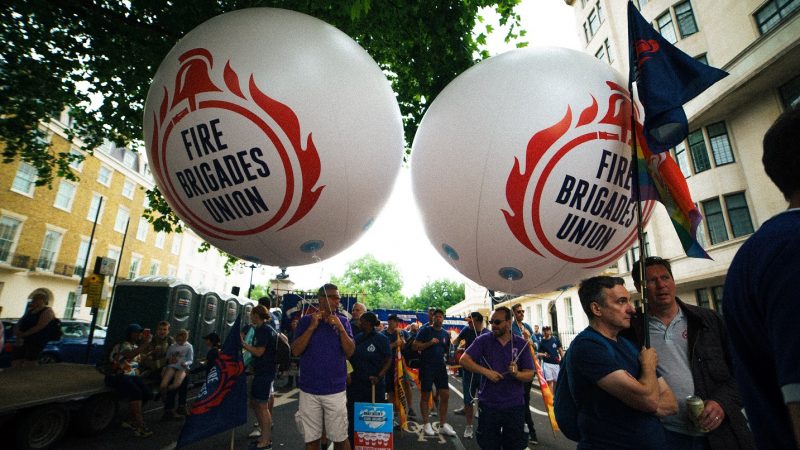Situation “dire” for seafarers trapped by war in Ukraine

Seafarers trapped in the waters of Ukraine and Russia are in a “dire” situation. Vessels, trapped by war, are running out of food and other supplies in the Black Sea and the Sea of Azov.
Over 1,000 seafarers have been stuck in ports since Russia invaded Ukraine. Naval mines and warships currently block their escape routes. One sailor was killed when a warship attacked his vessel with rockets last month.
The International Transport Workers Federation (ITF) and the International Chamber of Shipping (ICS) have both expressed their concern. Stephen Cotton, ITF General-secretary, called the situation “dire” in a recent meeting. ICS President, Guy Platten, said that one ship had “only three days of supplies left” almost two weeks ago.
The waters around Russia and Ukraine are usually both busy with ships taking millions of tonnes of cargo. The ports of Odesa and besieged Mariupol have a capacity of 58.8 million tonnes. Around 14 per cent of global seafarers are also from either Russia or Ukraine.
International bodies estimate their at least 20 nationalities are on board 140 trapped vessels. Ordinary Ukrainians, who had been assisting seafarers, are increasingly less able to help. “I think we have to recognise there’s competition for food depending on which ports you’re in and where you are on the coast”, says Cotton.
“It is literally a matter of life and death for some of those Ukrainians still locked in defending their cities, and you can imagine that their first thought is not going to be to resupply ships or foreign nationals at anchor.”
Oleg Gryoriuk, Vice Chairman, of Ukraine’s Maritime and Transport Workers Union (MTWTU) said the area is heavily mined. In an interview with NPR, he said some ships had come under fire. In March, rockets killed 29-year-old Bangladeshi engineer, Hadisur Rahman Arif, in the Black Sea.
Attacks have led to some seafarers finding themselves in Ukraine’s hospitals. “We just had one case at the very beginning with [a] Russian crew who was hit by [a] Russian missile, and they appeared in the Ukrainian hospital,” said Gryoriuk.
Last month, the Seafarers International Relief Fund set up an appeal for Ukrainian sailors and their families. The fund has been sending donations to the MTWTU and charities on the ground. Many seafarers are also unable to contact their families from their ships.
“In some areas [of Ukraine], water, electricity, and phone connectivity have been affected with many people now unable to contact their loved ones at sea”, said Platten. The MTWTU is also trying to evacuate its members and their families to Poland and Moldova.
In normal times, seafarers can often find themselves abandoned on ships with low supplies. When in financial trouble, companies can abandon their ships in ports leaving crews stranded. But it’s rare for so many seafarers to find themselves trapped at one time because of a war.
Gryoriuk says some Ukrainians want to leave their vessels to go and fight. But so far, there have been no reports of conflicts on ships where Russians and Ukrainians work alongside each other. Gryoriuk does not know if this will last.
“It feels to me that the longer the war continues, there might be more grounds for the fights on board or some conflicts on board.”
PS. We hope you enjoyed this article. Bright Green has got big plans for the future to publish many more articles like this. You can help make that happen. Please donate to Bright Green now.
Image credit: UP9 – Creative Commons




Leave a Reply